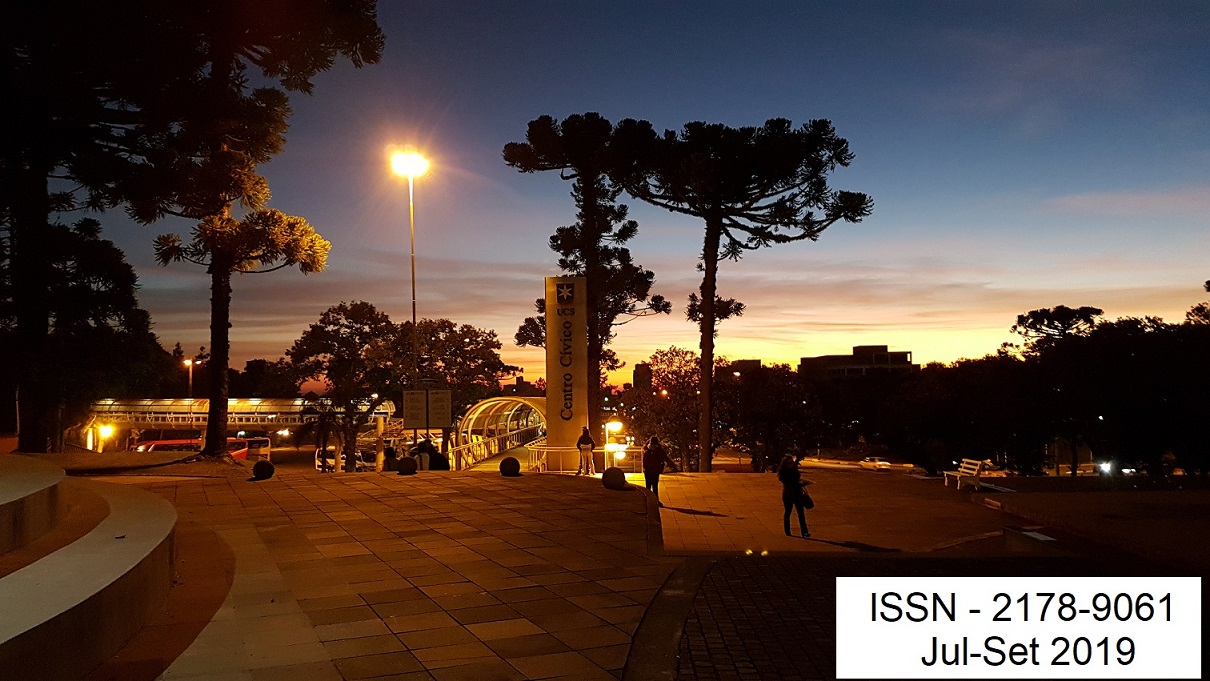[Review] Investigating the Challenges of Promoting Dark Tourism in Rwanda
Palavras-chave:
Tourisn. Dark Tourism. Terrrosim. Consumption. Poverty.Resumo
ABSTRACT
J. Ntunda interrogates to what extent dark tourism would be a product to be fostered in Rwanda. Based on formal interviews done over 43 specialists who take part of RDB [Rwanda Development Board], Ntunda holds that several incompatibilities which include lack of skilled staff and problems in the accessibilities to the site prevent today dark tourism would be a valid option. However, we live in a hyper-globalized world where information is produced, packaged and disseminated in minutes to a broader audience. In this new world, there is no place to hide. Therefore, specialists and policymakers should promote Rwanda taking advantage of global sources and the information which is digitally designed.
REVIEWED BY
Maximiliano E Korstanje – Doutorando em Psicology Social, Universidad John Kennedy, Buenos Aires, Argentina. Professor University of Palermo, Buenos Aires, Argentina. Currículo: http://ciberconta.unizar.es/cv/maxikorstanje.htm. E-mail: maxikorstanje@hotmail.com
REFERENCES
Korstanje M. (2016) The rise of thana capitalism and tourism. Abingdon, Routledge.
Ntunda, J, (2014). Investigating the challenges of promoting Dark Tourism in Rwanda. Hamburg: Anchor Academic Publishing.
Stone, P. R. (2012). Dark tourism and significant other death: Towards a model of mortality mediation. Annals of Tourism Research, 39(3), 1565-1587. Link
Tzanelli, R. (2016). Thanatourism and cinematic representations of risk: screening the end of tourism (V. 176). Abingdon: Routledge.
Downloads
Publicado
Como Citar
Edição
Seção
Licença
Autores que publicam nesta revista concordam com os seguintes termos:
Os Autores mantém os direitos autorais e concedem à revista o direito de primeira publicação, com o trabalho simultaneamente licenciado sob a Creative Commons Attribution License que permitindo o compartilhamento do trabalho com reconhecimento da autoria do trabalho e publicação inicial nesta revista.
Autores têm autorização para assumir contratos adicionais separadamente, para distribuição não-exclusiva da versão do trabalho publicada nesta revista (ex.: publicar em repositório institucional ou como capítulo de livro), com reconhecimento de autoria e publicação inicial nesta revista.
Autores têm permissão e são estimulados a publicar e distribuir seu trabalho online (ex.: em repositórios institucionais ou na sua página pessoal) a qualquer ponto antes ou durante o processo editorial, já que isso pode gerar alterações produtivas, bem como aumentar o impacto e a citação do trabalho publicado (Veja O Efeito do Acesso Livre).








